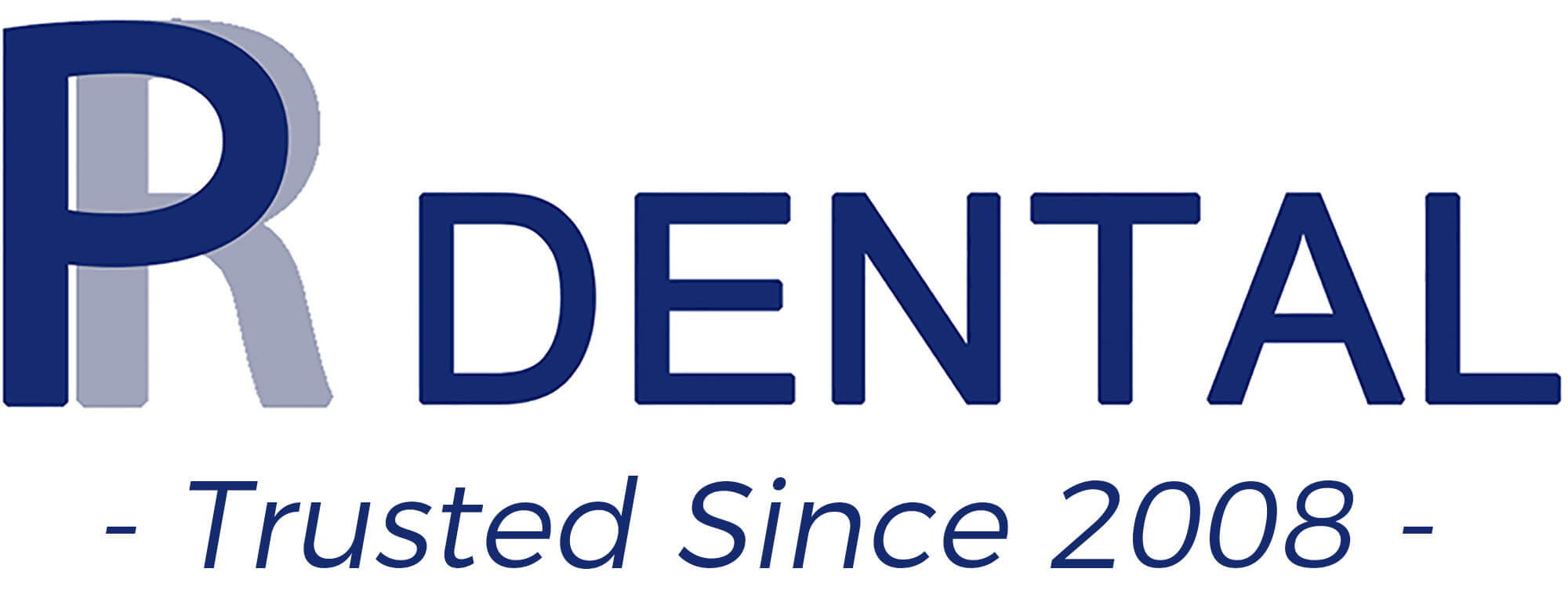It is important to maintain your oral health, and having your teeth professionally cleaned is a great way to do so. The process is simple and painless, and it won't take up much of your time.
Why Get Your Teeth Cleaned?
Getting your teeth cleaned is an important part of maintaining your oral health. Regular cleanings help to remove plaque and tartar buildup, which can lead to cavities and gum disease. Cleanings also help to identify any potential issues early on, so they can be addressed before they become more serious. By getting your teeth cleaned regularly, you can help to ensure that your teeth and gums stay healthy and strong.
How Long Should a Dental Cleaning Normally Take?
A dental cleaning typically takes about an hour to complete. However, the length of time may vary depending on the individual's dental health and the complexity of the procedure.
A dental hygienist typically is the one to do the cleaning, but the dentist will begin the appointment with a comprehensive exam. This includes checking for signs of:
- Plaque buildup
- Inflammation
- Other problems
After the exam is finished, the dental hygienist will remove the plaque using a scaler. Once they remove the plaque, they’ll then use an electric toothbrush to polish and clean your teeth with gritty toothpaste. They complete the job with a final flossing and then remove the toothpaste and any remaining plaque.
Certain dentists will suggest you have a fluoride treatment after the cleaning which could add another five to 10 minutes. The dental hygienist uses a metal plate or small brush filled with sticky fluoride and applies the gel. They’ll then allow it to sit for a minute. Once the treatment is completed, you should not eat or drink anything for a minimum of 30 minutes.
To break it down:
Generally, dental cleanings follow a similar process. Your dentist will assess your teeth and gums, remove plaque and tartar buildup, and polish your teeth. This process may vary slightly from one dentist to another, but you can expect a similar experience until your next dental cleaning.
- A basic examination
The dental hygienist or dentist may also take X-rays to look for any hidden problems. After the examination, they’ll discuss their findings with you and recommend any necessary treatments.
- X-Rays
During professional checkups, the dentist will take X-rays of your teeth and mouth to detect any potential oral health issues. This quick and safe process helps the dentist identify any potential problems, such as cavities, gum disease, and other oral health issues.
- Bone loss
- Tooth decay
- Gum disease
- Oral abnormalities
- Tumors and cysts
- Teeth movement
This includes a thorough examination of your teeth and gums, a professional cleaning, and a fluoride treatment. Your dentist may also take X-rays or other diagnostic images to check for any potential problems.
What about when you have braces? Like with anything that’s braces-related, cleanings can take a little longer. With brackets and wires in the way, it’s not as simple to move around a strand of floss or electric toothbrush. When you’re wearing braces, getting your teeth completely clean is important and worth the added time.
How about a deep cleaning? Deep cleanings could take much longer than routine cleanings, depending on how extensive the cleaning is. Your mouth is separated into quadrants, for cleaning purposes. If you only have one quadrant that requires extra attention, it might not take as long. However, for a complete mouth deep cleaning, the dentist will most likely set you a minimum of two one-hour appointments. Each appointment follows the same basic process.
In certain cases, you might just need a topical anesthetic. For other cases, however, the dentist might wish to use Novocain to ensure you’re comfortable during the cleaning. After the anesthetic begins working, the dentist will begin the deep cleaning procedure. The time it takes for this can vary, also depending on how extensive the work required.
Once the deep cleaning is completed, the dentist might finish by injecting the clean periodontal pocket with an antibiotic gel to eliminate any remaining bacteria while your tooth is sealing itself against the root.
Benefits of a Dental Cleaning
This dental procedure provides you with a great short-term benefit: whiter teeth, smooth and fresh feeling, and improved breath. The significant long-term goal is to maintain great oral health and prevent periodontal disease. For the best results, remember to practice good oral hygiene, and be sure to visit the dentist twice a year.

